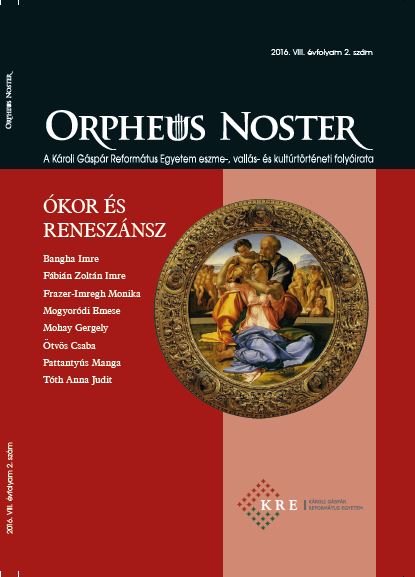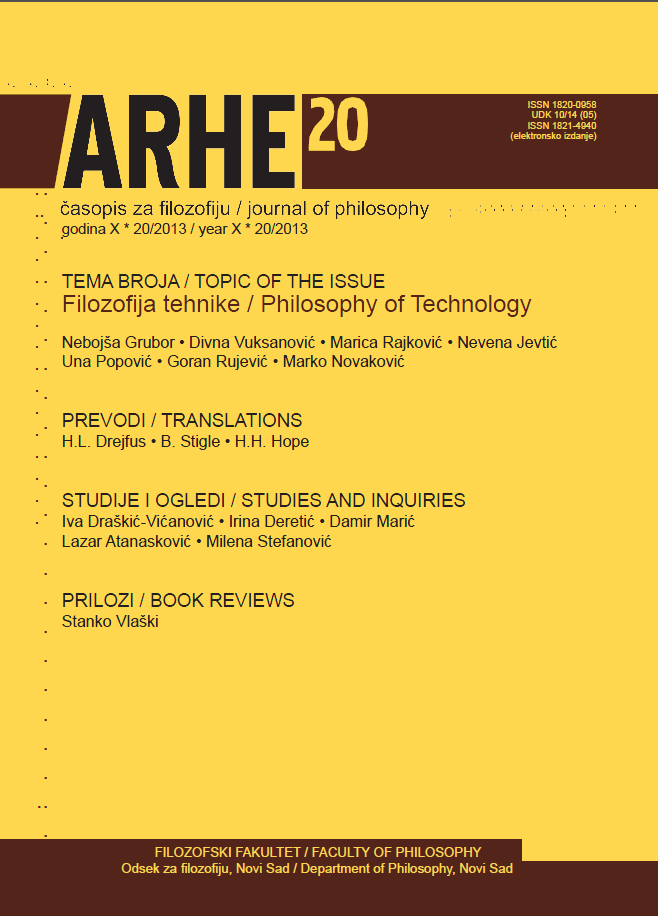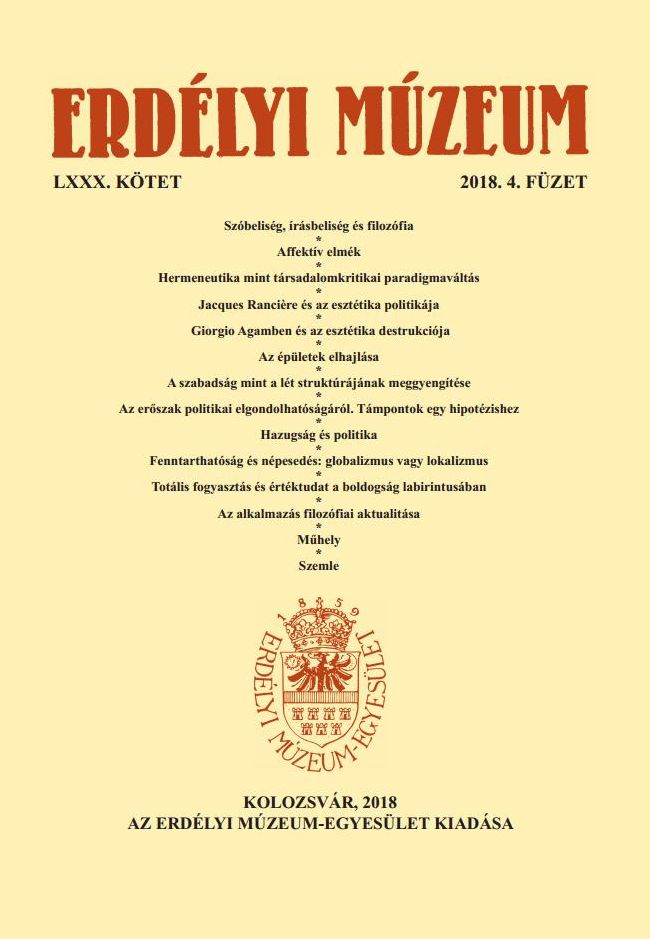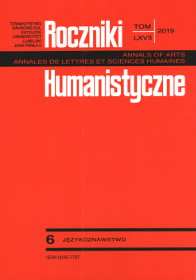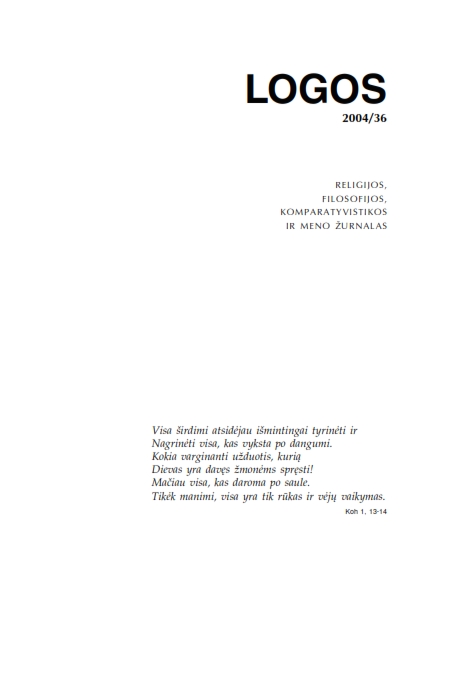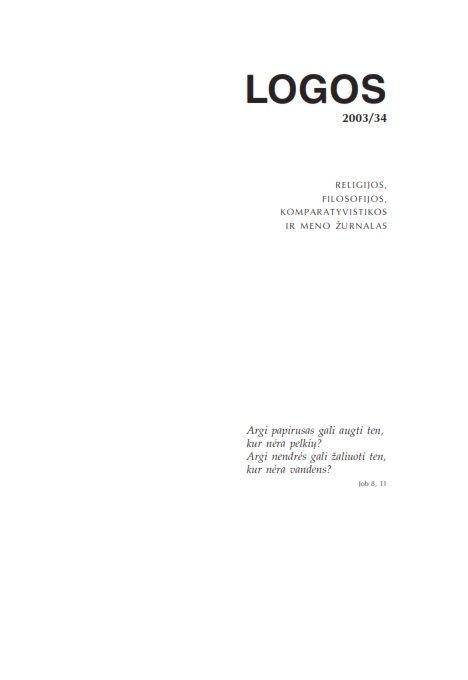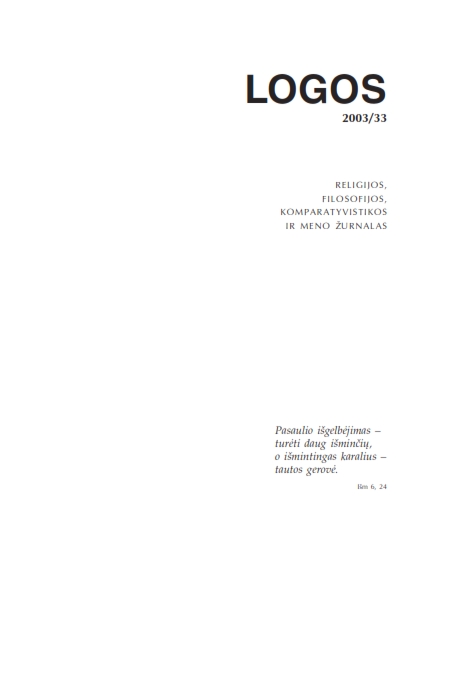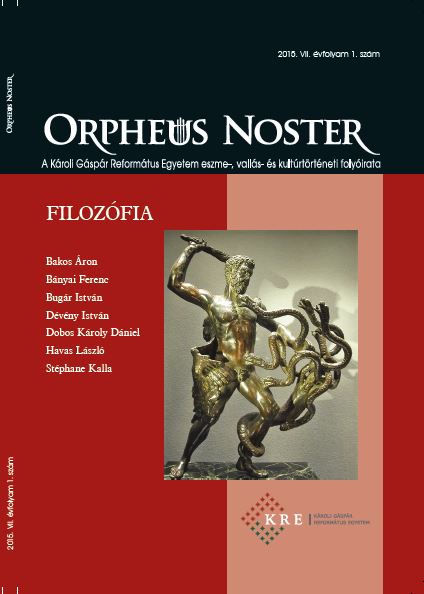
Melitón filozófus beszédének eszmetörténeti kontextusa
In the present paper I am investigating the probable context of the ‘apology’ of Melito the philosopher, as preserved in Syriac. Since there is no sign that the author named in the titulus is meant to be identical with Melito of Sardis, or Melito the Bishop, I prefer to keep his name as ’Melito the philosopher’. While I am prepared to accept the traditional dating (between 180 and 220 CE) of the text – which is a protreptic treatise, rather than an apology – and while I have, in spite of advancing some new suggestions, generally refrained from arbitrating in the speculation about the possible addressee, I am turning to aspects hitherto largely ignored by looking at the text’s theological-philosophical horizon and its preserved context (Ms. BM 14,658). The analysis yields some results. First, that the text is purposefully overt about Christianity, trying to convince the public about monotheism as a first step to full conversion. This scope is shared by other documents in the same collection (among others, the Oratio ad graecos by Justin/Ambrose), and matches the general aim of the collection to provide a curriculum for a Christian philosophy, including arguments against contemporary ‘pagan’ Platonism. Second, its theological-philosophical stance links the document to Alexandrian thought, to which Justin/Ambrose also appears to belong. This, at the same time, involves sharp contrasts with the anthropological-theological horizon of Melito of Sardis. The study is accompanied by a partial translation of the treatise into Hungarian.
More...
